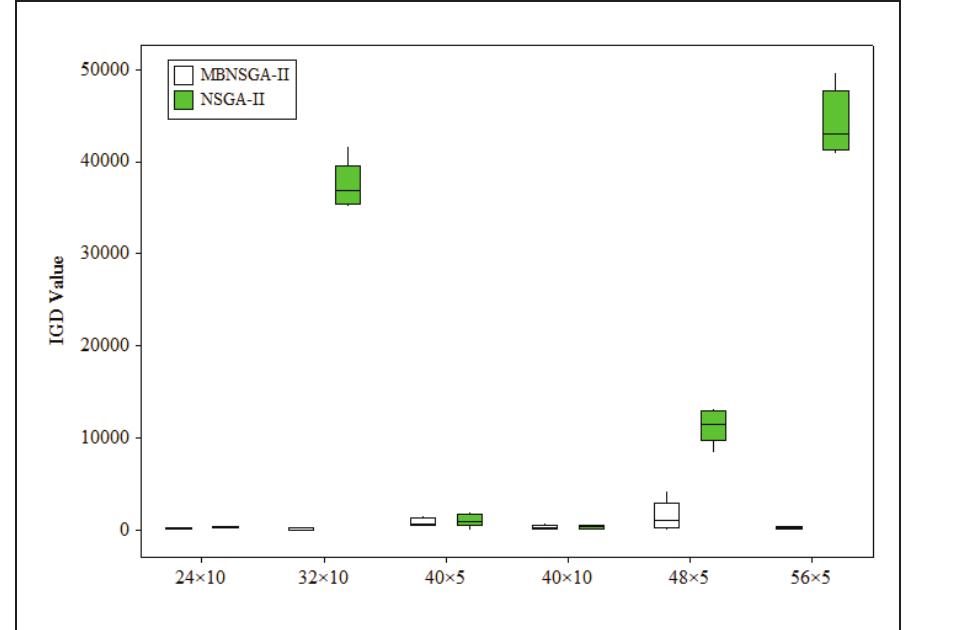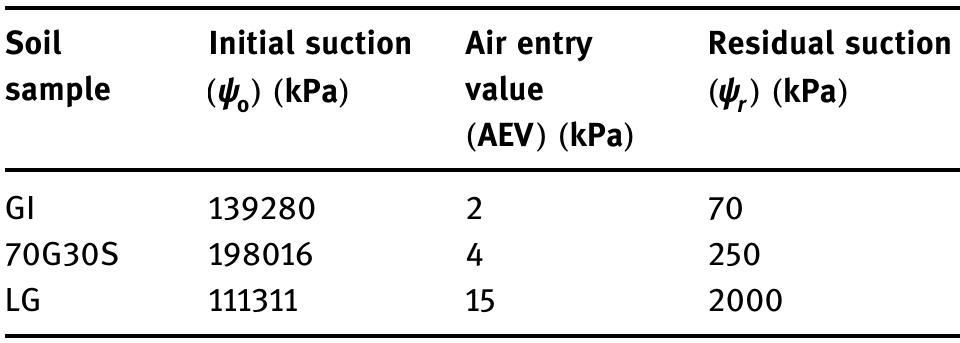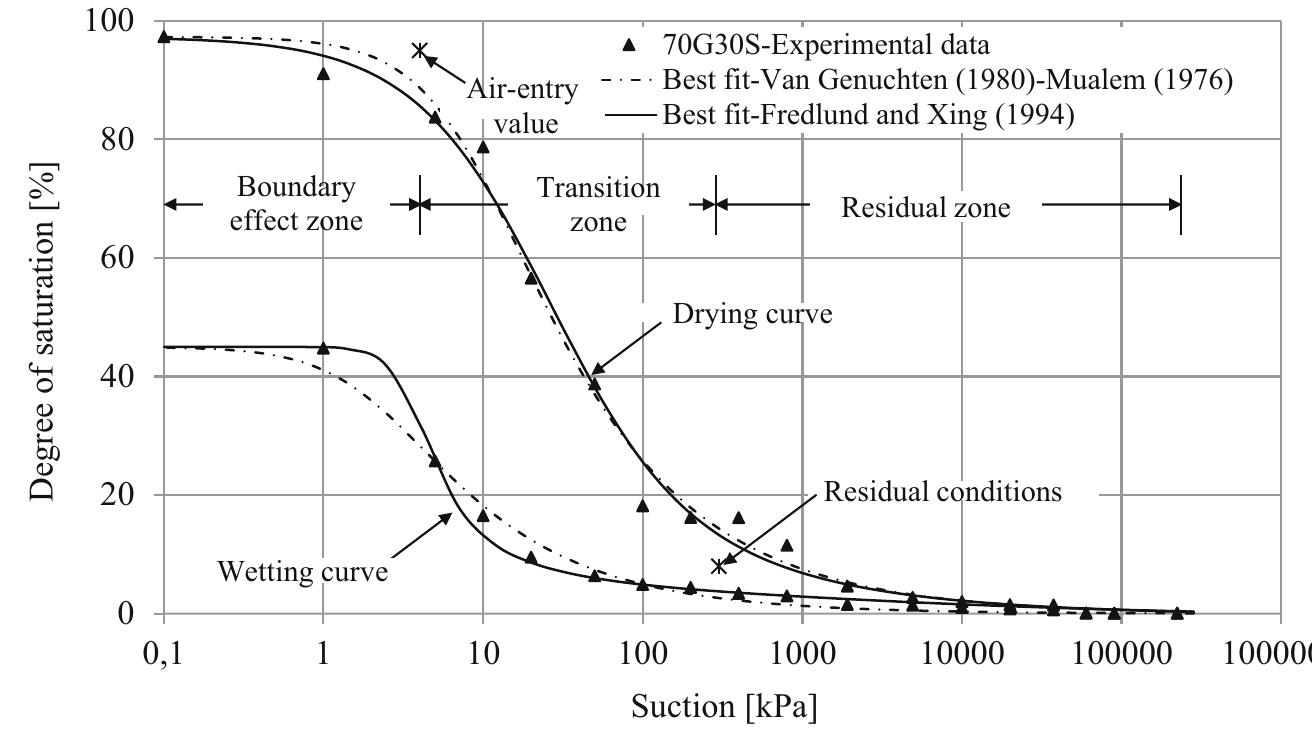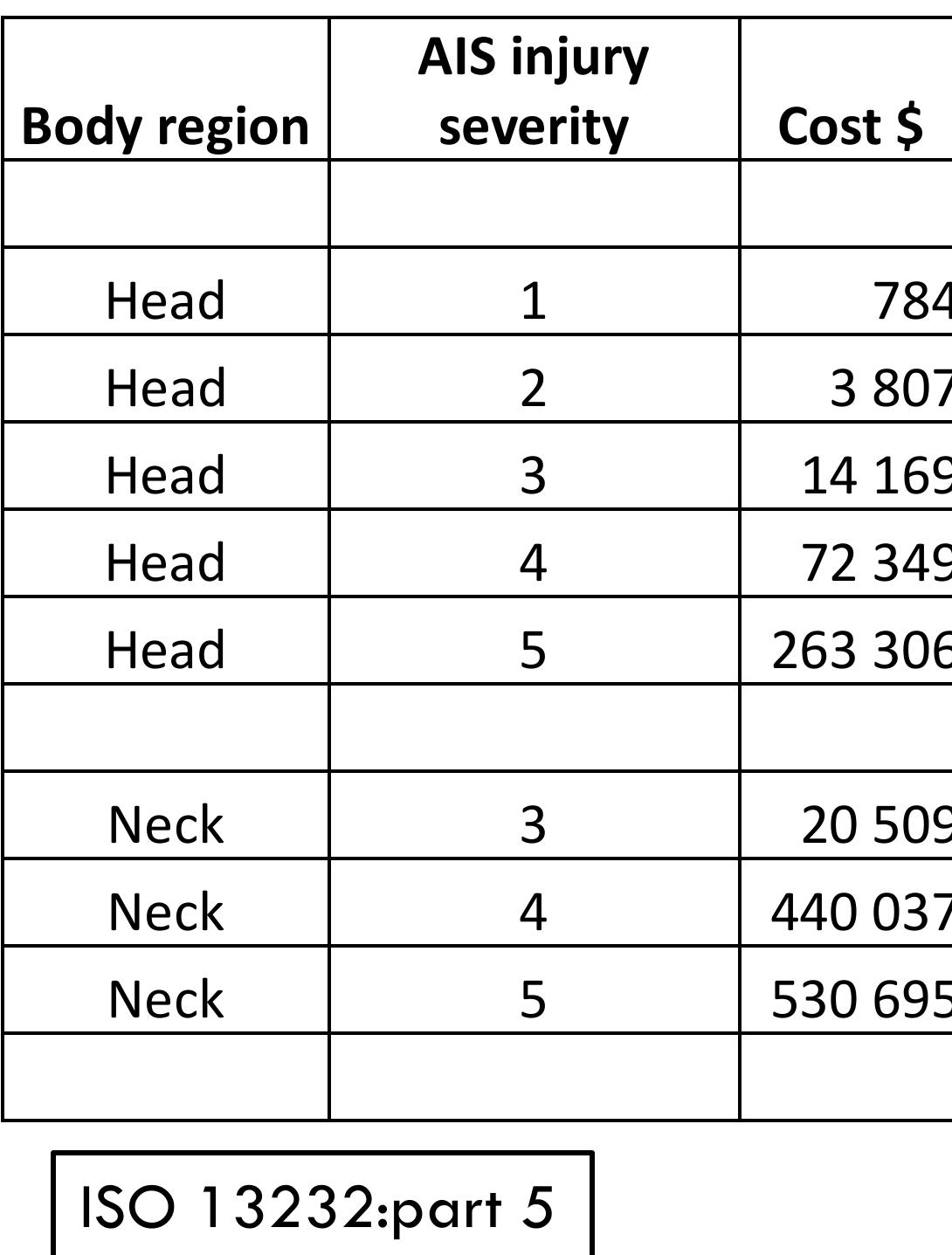Key research themes
1. How can genetic algorithm operators be modified to improve the balance of exploration and exploitation in optimization?
This theme investigates modifications to the fundamental genetic algorithm operators—selection, crossover, and mutation—with the objective of improving the algorithm’s balance between exploration of the search space and exploitation of promising regions. Achieving this balance directly impacts the convergence speed and solution quality in optimization problems. Researchers explore alternative sequences and parameterizations of these operators, the introduction of new crossover methods tailored to problem-specific traits, and theory-driven variants grounded in natural selection concepts to enhance both control and diversity in population evolution.
2. What are the computational advantages of parallel and hybrid genetic algorithms in solving complex combinatorial optimization problems?
This theme covers research focusing on parallelization and hybridization techniques to accelerate genetic algorithm runtimes and improve solution quality when tackling computationally hard problems such as the traveling salesman problem and complex scheduling. By distributing populations across multiple processors and employing communication or migration strategies, or hybridizing GA with local search methods and other metaheuristics, these approaches seek to exploit modern computational architectures and algorithmic synergies to overcome the scalability limitations of traditional serial genetic algorithms.
3. How can genetic algorithms be applied and adapted for domain-specific modeling and predictive tasks in engineering and ecology?
This theme encompasses research exploring the practical adaptation of genetic algorithms for domain-specific applications such as ecological species distribution modeling, engineering design optimization, and student performance prediction. Studies consider how GA-based input variable selection, multiobjective optimization, robustness considerations, and ensemble learning integrations enable effective model calibration, parameter identification, and predictive accuracy improvements in context-sensitive real-world problems. These contributions illustrate GA versatility beyond theoretical optimization towards data-driven decision support and system understanding in applied sciences.













































